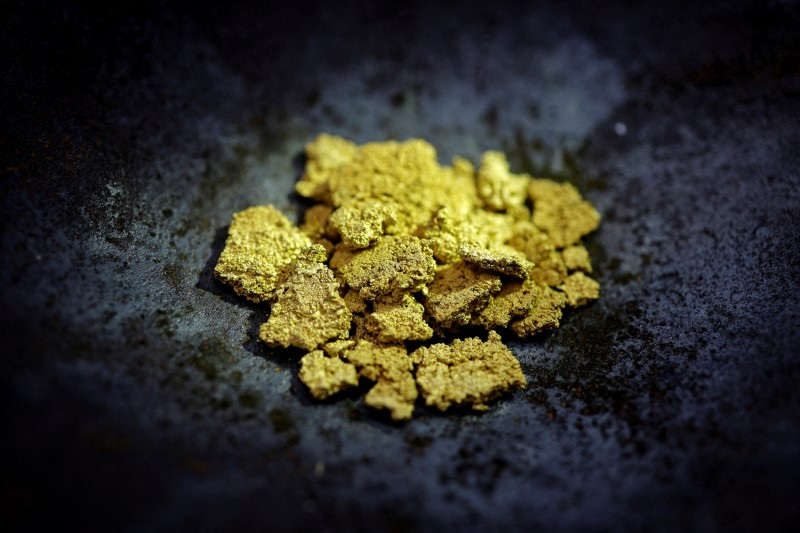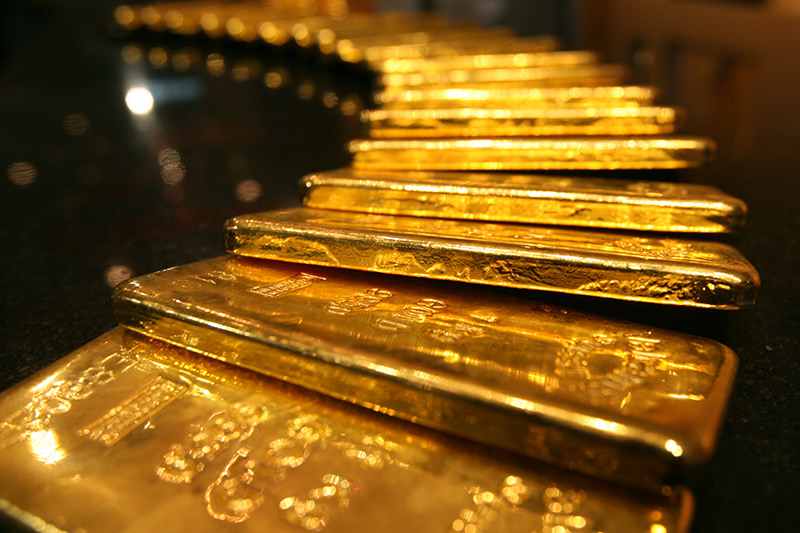BRASILIA (Reuters) – All Brazilian gold imports by Germany and 71% by Italy come from areas in the Amazon (NASDAQ:) where illegal mining is rampant, a think tank said on Tuesday, calling for greater European oversight.
All 1.3 tons of gold that Germany imported from Brazil in 2023 came from Amazonas state, a study by the Sao Paulo-based Instituto Escolhas found based on government data.
Italy imported 356 kg (784.85 lb) of Brazilian gold last year, including 254 kg from the states of Pará and Sao Paulo, said the report called Europe’s Risky Gold.
Wild gold mining, called garimpo in Portuguese, has surged in Amazonas and Para in recent years since far-right former President Jair Bolsonaro relaxed environmental controls and encouraged development in the Amazon rainforest, leading to more deforestation.
The state of Sao Paulo does not produce gold, but is the main hub for the sale and export of the precious metal, especially of unclear legal origin.
The European Union has strict rules to curb the sale of ores of dubious or illegal origin, but the due diligence process has many blind spots, Larissa Rodrigues, research director at Instituto Escolhas, said in an interview.
“It cannot say that it has a responsible purchasing policy. …The European companies that buy the gold have no idea where it was mined and who sold it to traders for export.”
About 94% of Brazil’s gold imported by Germany and Italy, the EU’s main buyers, is of dubious origin and enters the Amazon through a chain of intermediaries from hundreds of prospectors, Rodrigues noted.
More than half of the 68 tons of gold Brazil exported last year has suspicious origins that cannot be traced, despite the current government’s measures to crack down on illegal gold sales, according to the nonprofit Instituto Escolhas.

Canada is the main buyer of Brazilian gold, which companies export from legally licensed mines, as is the case for the third-largest importer, the United Kingdom, the think tank said.
However, imports of Brazilian gold by Switzerland, the second largest buyer, also include precious metal from wild mining sites, Rodrigues said. A large part of this ends up in the EU, which gets 70% of its gold from the Swiss.


